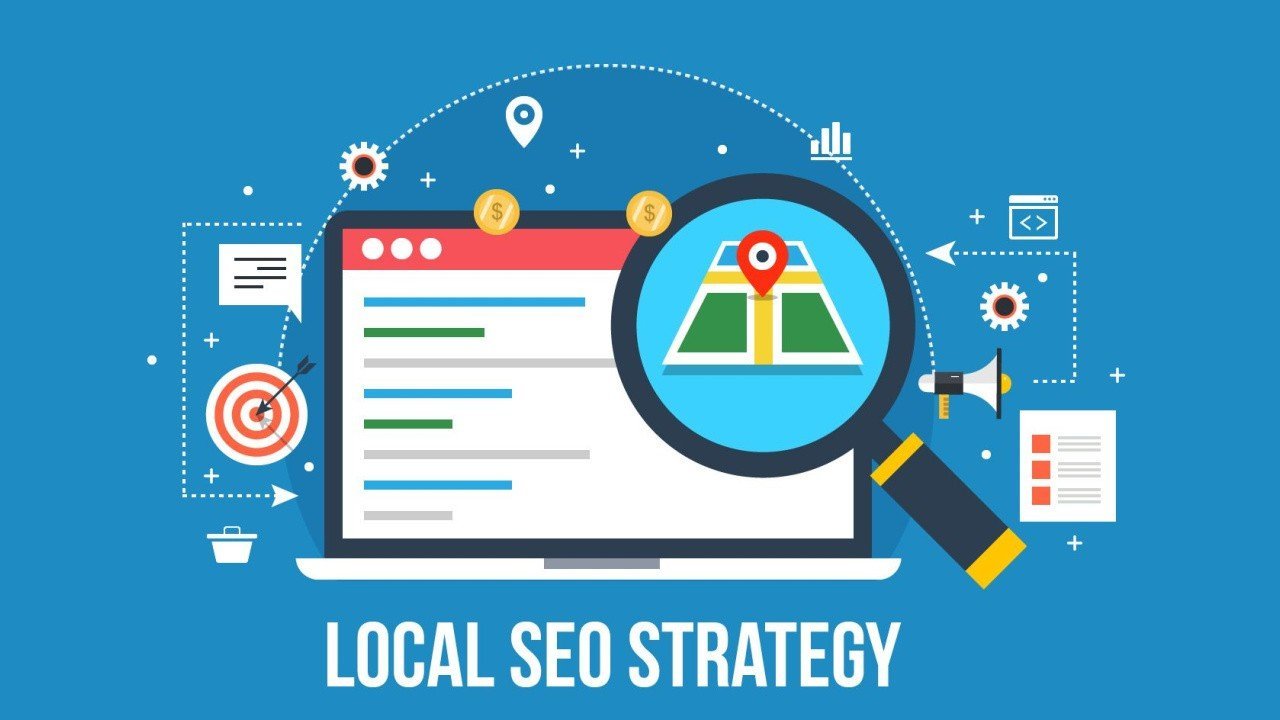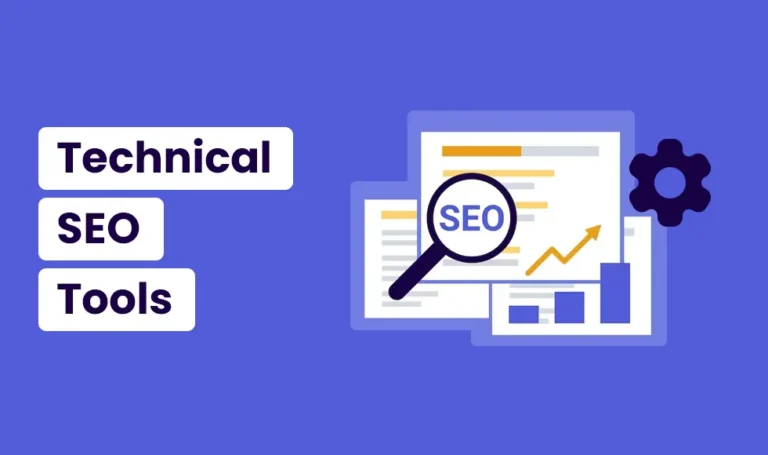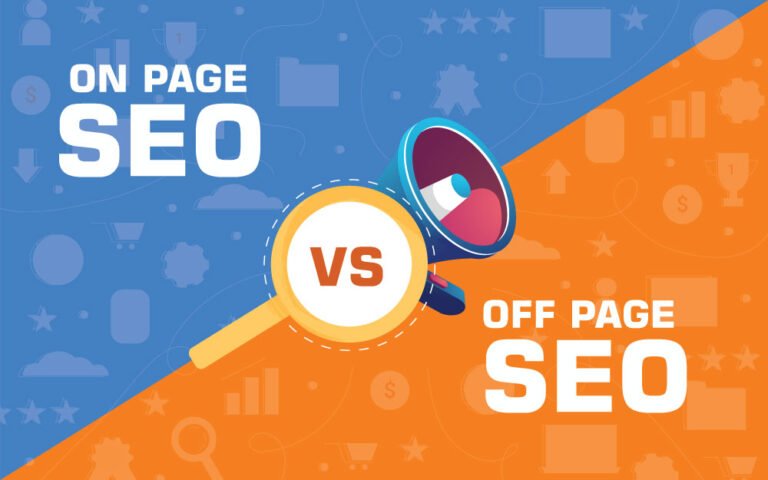Local SEO Strategies Tailored for Different Industries
In today’s digital world, a one-size-fits-all approach to SEO no longer cuts it—especially when you’re a small business looking to make a big impact in your local community. At Social Peak Media, we understand that each industry has unique needs and challenges when it comes to local SEO. That’s why we specialize in creating customized strategies that work for your specific business, helping you climb the ranks and attract more customers in your area.
Whether you run a healthcare practice, a cozy café, a real estate agency, or a service-based business like plumbing or electrical contracting, local SEO is key to driving more traffic, generating leads, and growing your customer base. But how exactly do you tailor local SEO strategies to suit different industries? Let’s dive in.

Local SEO for Healthcare Providers
Healthcare is a field where trust, reputation, and visibility are everything. When potential patients search for healthcare providers online, they’re usually looking for someone nearby who can meet their specific needs. This is where local SEO comes into play.

Claim and Optimize Your Google My Business (GMB) Listing:
- Ensure your practice appears in local search results by claiming your GMB listing.
- Complete your GMB profile with important details like your address, phone number, website, and office hours.
- Encourage satisfied patients to leave positive reviews, as they can significantly boost your visibility and credibility in local searches.
Keyword Optimization:
- Use keywords that reflect the services you offer and include your location.
- For example, instead of just using “pediatric care,” use “pediatric care in [Your City].”
- Incorporate these keywords naturally into your website content, blog posts, and meta descriptions.
Ensure Your Website is Mobile-Friendly:
- Many patients search for healthcare providers on their mobile devices.
- Make sure your website is easy to navigate on a phone or tablet to keep potential patients engaged and avoid losing them to competitors.
Build Local Backlinks:
- Partner with local health blogs, community websites, and news outlets to gain backlinks.
- Local backlinks enhance your site’s authority and help connect you with the community, showing that your practice is an integral part of the local area.
Local SEO for Restaurants and Cafes
For restaurants and cafes, local SEO can make or break your business. When people search for a place to eat, they often use terms like “best pizza near me” or “cafés in [Your City].” This is your chance to shine.
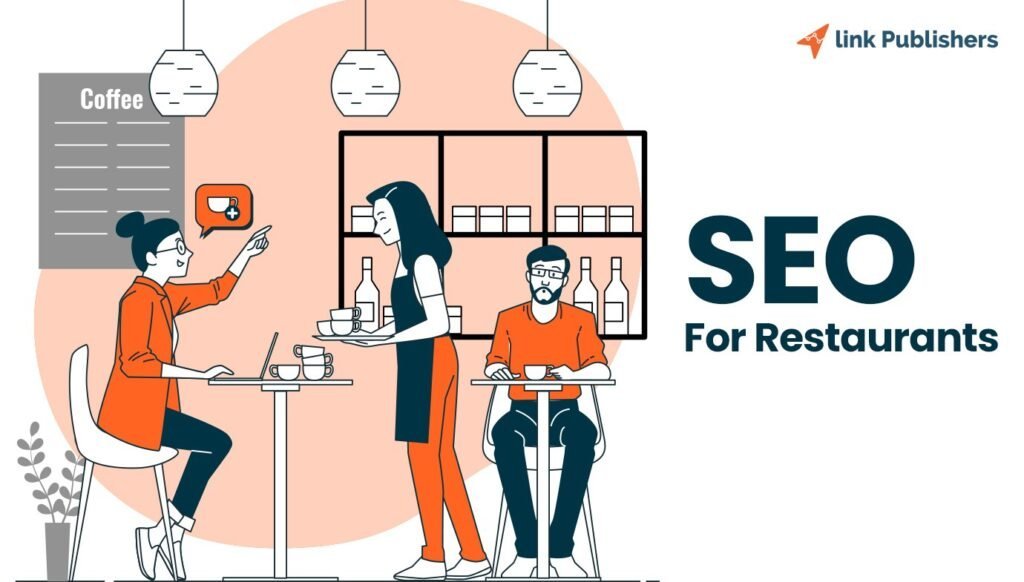
The foundation of local SEO for restaurants is, again, your GMB profile. Ensure that your listing is up-to-date with your latest menu, photos of your dishes, your hours, and any special offers or events you have coming up. A well-maintained GMB profile makes it easy for potential customers to find you and can entice them to choose your restaurant over others.
Another key component is optimizing your website with local keywords. For example, if you own a sushi restaurant in Austin, your website should feature keywords like “Austin sushi restaurant” or “best sushi in Austin.” These should be sprinkled throughout your website, in places like your homepage, menu page, and blog posts.
Speaking of blogs, content marketing is a powerful tool for restaurants. Regularly update your blog with posts about your latest dishes, events, and special offers. You could also write about food trends or local events in your area, which can help drive traffic to your site and position your restaurant as a community hub.
Don’t forget about social media. Platforms like Instagram and Facebook are vital for restaurant marketing. Post regularly, use local hashtags, and engage with your followers. Encourage your customers to share their experiences and tag your restaurant, which can further increase your visibility.
Lastly, online reviews are crucial. Encourage satisfied customers to leave positive reviews on Google, Yelp, and TripAdvisor. Not only do reviews impact your ranking in local search results, but they also influence potential customers’ decisions.
Local SEO for Real Estate Agents
Real estate is another industry where local SEO plays a vital role. When people are looking to buy or sell a home, they often start with a local search like “real estate agents in [Your City].” To capture this traffic, you need to be visible.

Unique Challenges in Real Estate SEO
Real estate SEO presents unique challenges because it involves not just attracting potential clients but also navigating competition from large real estate platforms like Zillow and Realtor.com. To stand out, real estate agents must focus on hyper-local SEO strategies.
- Optimize Your Google My Business (GMB) Profile:
- Include detailed information about your services, areas of expertise, and client reviews.
- Showcase your local knowledge and success stories through reviews and case studies.
- Content Creation:
- Write blog posts and guides about the local real estate market, tips for buying or selling homes, and updates on local trends.
- Use keywords that reflect both your location and services, like “real estate agent in [Your City]” or “buying a home in [Your Neighborhood].”
- Link-Building:
- Connect with local businesses, mortgage brokers, and home inspectors for backlinks.
- Seek backlinks from local media outlets and community blogs.
- Ensure Your Website is Mobile-Friendly:
- Provide a smooth, fast mobile experience to keep potential clients engaged and more likely to contact you.
Local SEO for Service-Based Businesses
Service-based businesses, such as plumbing, electrical contracting, and home repairs, have a unique position in local SEO. Customers searching for these services are often in immediate need, making it critical to be easily found online.
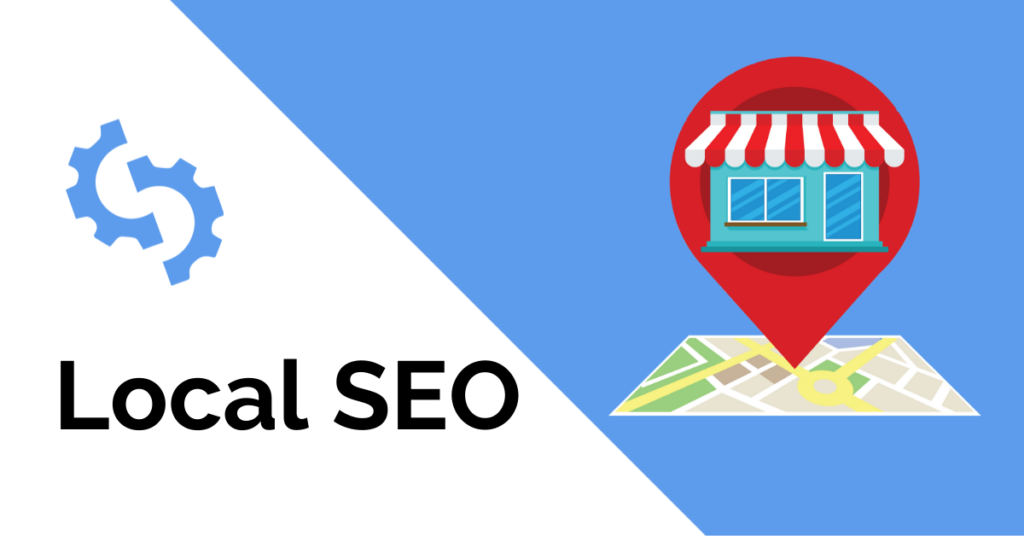
Strategies for Plumbers, Electricians, and Contractors
For service-based businesses, visibility and trust are paramount. Start with your GMB profile, ensuring it includes detailed information about the services you offer, your service area, contact information, and customer reviews. The more information you provide, the easier it will be for potential customers to find and choose you.
Keyword optimization is also crucial. Use keywords that describe your services and location, such as “emergency plumber in [Your City]” or “licensed electrician in [Your City].” These keywords should be featured throughout your website, particularly on your homepage, service pages, and blog posts.
Speaking of blogs, creating content that answers common customer questions can drive traffic and establish your business as an authority in your field. For example, a plumber might write posts about “how to fix a leaky faucet” or “signs you need to replace your water heater.” These posts can be optimized with local keywords and help attract visitors who are searching for those specific solutions in your area.
Additionally, service-based businesses should focus on local backlinks. Partner with local suppliers, hardware stores, and community organizations to build backlinks. These not only improve your SEO but also position your business as a trusted part of the local community.
Another vital component is online reviews. Encourage your satisfied customers to leave reviews on Google, Yelp, and industry-specific platforms. Positive reviews not only boost your ranking but also build trust with potential customers who are searching for reliable services.
Finally, consider using local ads on Google or social media platforms. These can target customers in your specific service area, ensuring that your business is top-of-mind when they need help.
At Social Peak Media, we know that local SEO isn’t just about being found—it’s about being the best option when potential customers find you. By tailoring your SEO strategies to your specific industry, you can stand out in local searches, attract more customers, and grow your business. Whether you’re in healthcare, hospitality, real estate, or home services, we’re here to help you climb to the top of local search results and dominate your market.
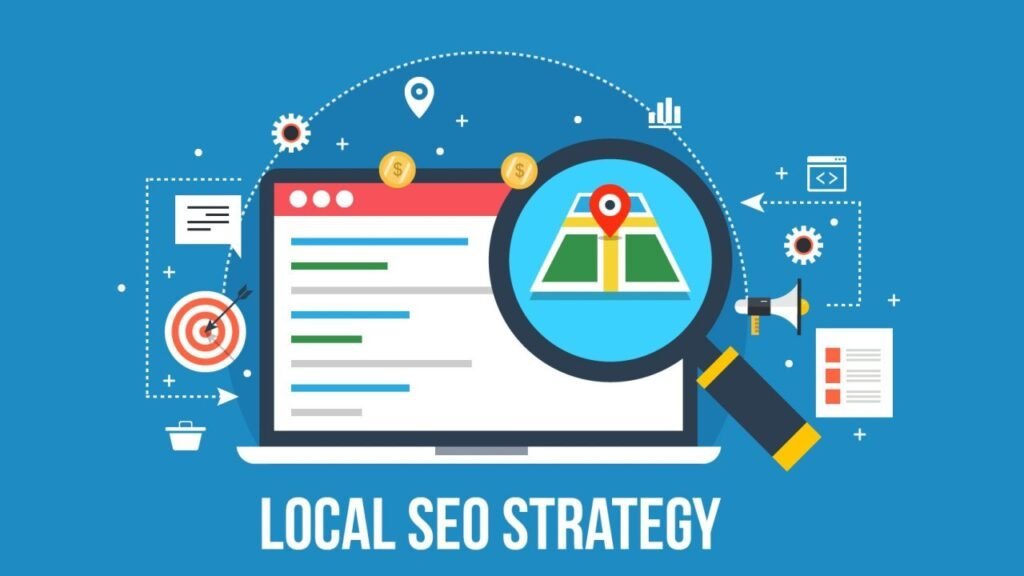
FAQs
How important is Google My Business for local SEO?
Google My Business is crucial for local SEO because it allows your business to appear in local search results, Google Maps, and the local pack. It’s one of the first things potential customers see when they search for your services, making it essential to have an optimized and up-to-date profile.
How can I get more local backlinks?
To get more local backlinks, partner with other local businesses, sponsor community events, and contribute to local blogs and news outlets. These backlinks not only enhance your SEO but also strengthen your ties to the local community.
Why are online reviews important for local SEO?
Online reviews are essential for local SEO because they impact your ranking in search results and influence potential customers’ decisions. Positive reviews build trust and credibility, making it more likely that someone will choose your business over a competitor’s.
What’s the best way to use keywords for local SEO?
The best way to use keywords for local SEO is to incorporate location-specific terms into your website content, meta descriptions, and blog posts. For example, instead of just “plumber,” use “plumber in [Your City].” This helps search engines understand where your business is located and what services you offer.
How can content marketing help with local SEO?
Content marketing helps with local SEO by providing valuable information that attracts visitors to your site. By writing about local topics and including location-specific keywords, you can drive more traffic and improve your ranking in local search results.
Should I focus on mobile optimization for local SEO?
Yes, mobile optimization is critical for local SEO. Many people search for local services on their mobile devices, so having a mobile-friendly website ensures they can easily navigate your site and contact you. A poor mobile experience can lead to higher bounce rates and lower rankings.

